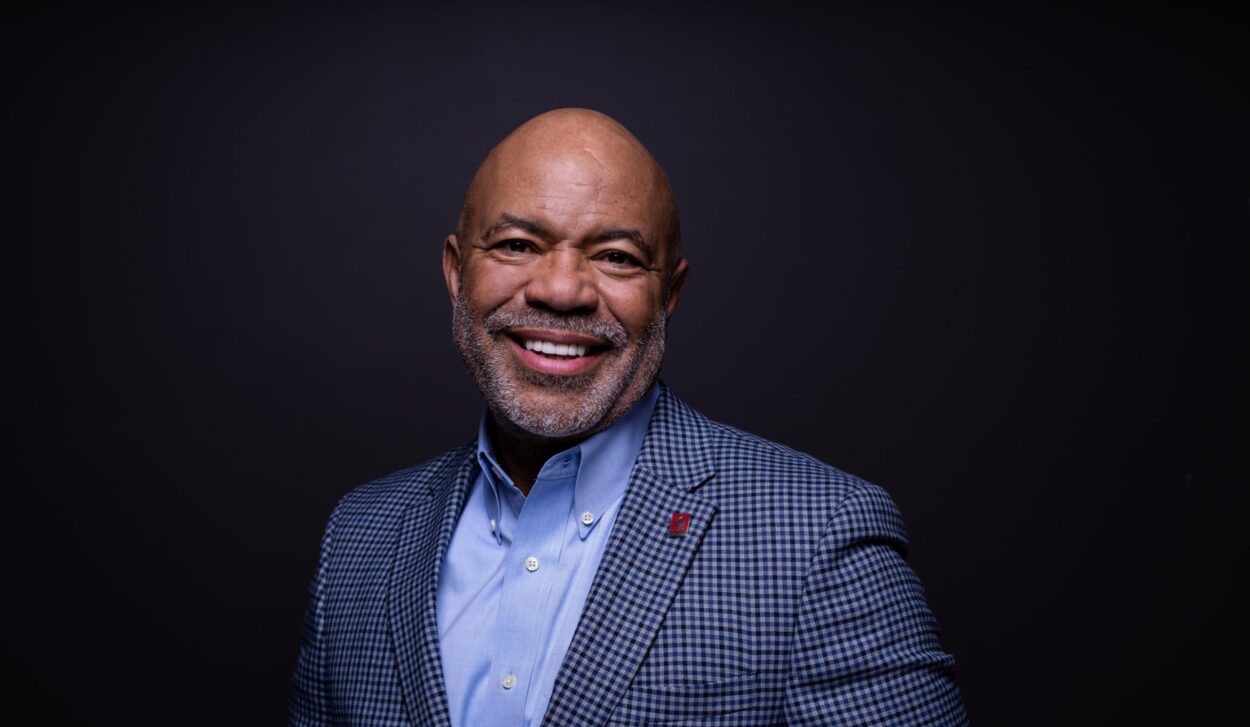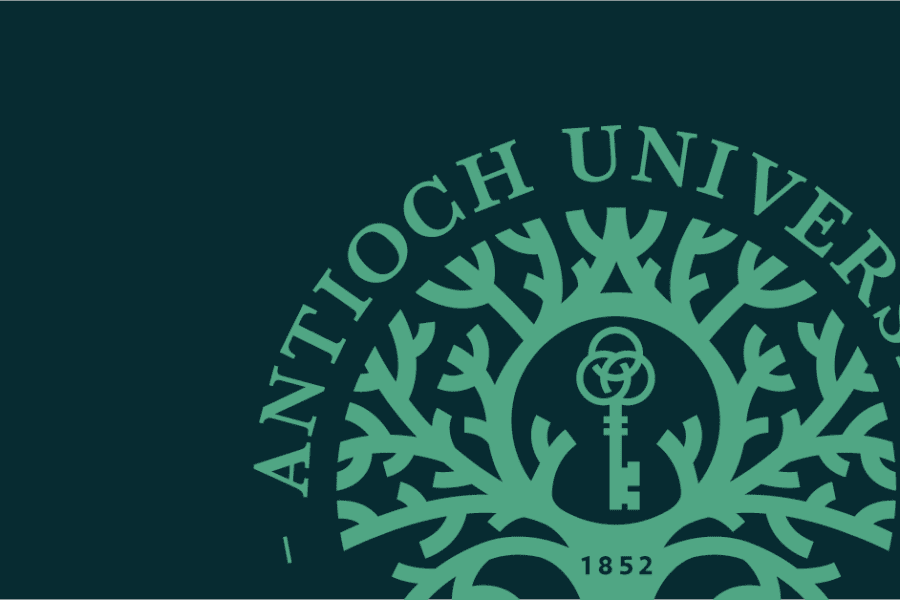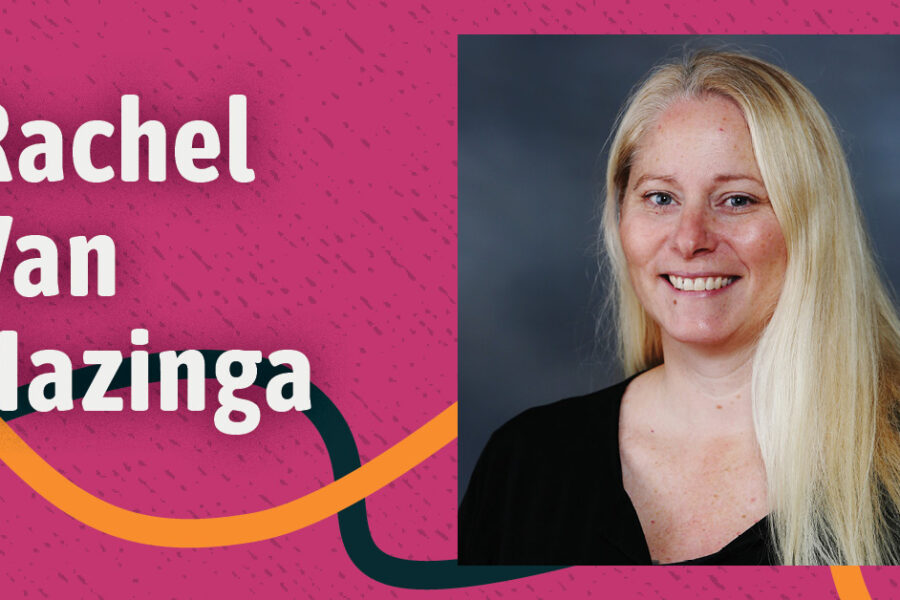Dr. Lemuel (Lem) Watson will be joining the Graduate School of Leadership and Change (GSLC) as Core Faculty beginning this coming summer, July 2022.
Most recently, Dr. Watson has been the Acting Vice Provost of Diversity and Inclusion at Indiana University Bloomington (IUB), where he also served as Faculty Affiliate in African American and Africa Diaspora as well as Faculty Affiliate in Gender Studies and had been Dean of the School of Education, which is consistently ranked as one of the top education schools in the US. Before that, and over the course of many decades, he has been Professor of Adult and Higher Education, Professor of Education Leadership, and Faculty Associate for LGBTQ Studies science and technology—back when there still were landlines! His research areas include mindfulness leadership, social justice, public policy, underrepresented populations, and higher education.
In reflecting on what he has learned about GSLC that he has found so compelling, Dr. Watson shared, “The faculty and students I have encountered and collaborated with have been among the most sincere, socially conscious, and intelligent individuals I have enjoyed working with over three decades in higher education. The ability to have dialogue, through conflict and disagreement, and still maintain a sense of community is a challenge for any organization or program. GSLC faculty and students lean in to understand multiple perspectives across industries and fields, which makes for a dynamic learning environment that requires all to be their best as we learn and grow together.”
Given his years of experience in senior DEI roles in several of the country’s preeminent universities, we also asked him about what he saw as the most important elements of inclusive and antiracist environments and how leaders can move the dial.
“We must support our leaders and community members who are sincere in creating the space and place to have honest dialogues to understand our histories, communities, ideas, values, and each other in the most intimate ways,” said Dr. Watson. “It is vital that we reexamine our histories with truth and honesty, review our organizational policies and practices for bias, look at representation within our organizations with regards to broad diversity, reconstruct organizations with regards to structure to ensure more democratic decision-making, and all of us must work on our emotional intelligence skills.”
Finally, we wondered how these past two years of national reckoning with the pandemic, racism, and structural inequalities have impacted his own thinking about higher education.
“I believe that we are in the midst of another significant change in the world that has influenced all of us, our families, communities, and organizations. It has forced higher education to reexamine its purpose, capabilities, and capacities,” added Watson. “Our systems of education are certainly overdue for disruption for how we educate, from K-12 to post-secondary education. The challenges of our ‘pandemics’ present openings for us to pause, redesign, and begin again. I believe most leaders have been reactive to the ‘pandemics’ versus leaning into the present to find a new way for learning, teaching, and co-creating.”
Revisioning a new process of co-collaborating and co-creating curriculum, pedagogy, and structure may not be an easy task. Still, it is necessary to ensure that all, our diverse people, are considered—this should be undertaken in the future at all costs. I believe the GSLC will be an example of what is possible for so many institutions in honoring individuals and their uniqueness while supporting them to be a form of light into the world.





